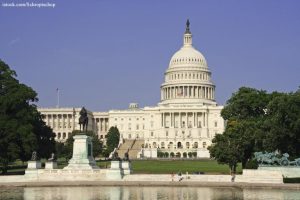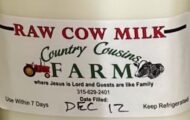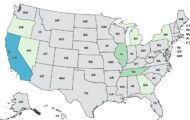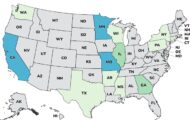Now that Congress is back to work (but working only 126 days next year), the Farm Bill is up for negotiations and a vote. That Bill has been stalled for months. The Center for Food Safety details the good and bad provisions in that Bill with the hope that constituents will tell their legislators to keep and reject some portions. You can contact your Senator and Representative about these issues by visiting USA.gov.
 In the House version, there is a good provision in the Bill to protect honey bees and other pollinators. There has been an alarming decline in honey bee population in the last ten years. Colony Collapse Disorder is linked to pesticides, parasites, pathogens, poor nutrition, and habitat loss. Honey bees fertilize one-third of the crops we eat in the U.S.
In the House version, there is a good provision in the Bill to protect honey bees and other pollinators. There has been an alarming decline in honey bee population in the last ten years. Colony Collapse Disorder is linked to pesticides, parasites, pathogens, poor nutrition, and habitat loss. Honey bees fertilize one-third of the crops we eat in the U.S.
Unfortunately, there is a lot of “the bad” and “the ugly” in this Bill. Organic farmers will lose funding under the current version of the bill. No other sector of agriculture was as hard-hit by the funding hiatus that began with the short-term Farm Bill extension that was enacted on January 1, 2013.
One of the worst provisions in the bill would negate state and local laws about agricultural production and manufacturing. It would block state laws against child labor, against dangerous pesticides, and that improve food safety. Steve King (R-IA) sponsored this provision, which would wipe out farm animal protection laws, allow use of arsenic in poultry feed, and reduce state pollution standards.
Another provision would repeal part of the law that authorizes the EPA to stop imports of seeds treated with pesticides or genetically engineered. That means seeds treated with pesticides that have not been approved and are not regulated by the EPA could be planted in the U.S.




